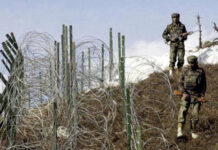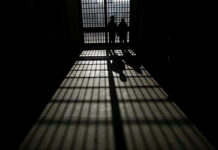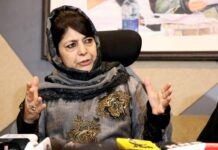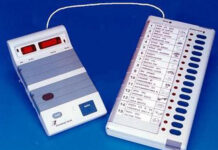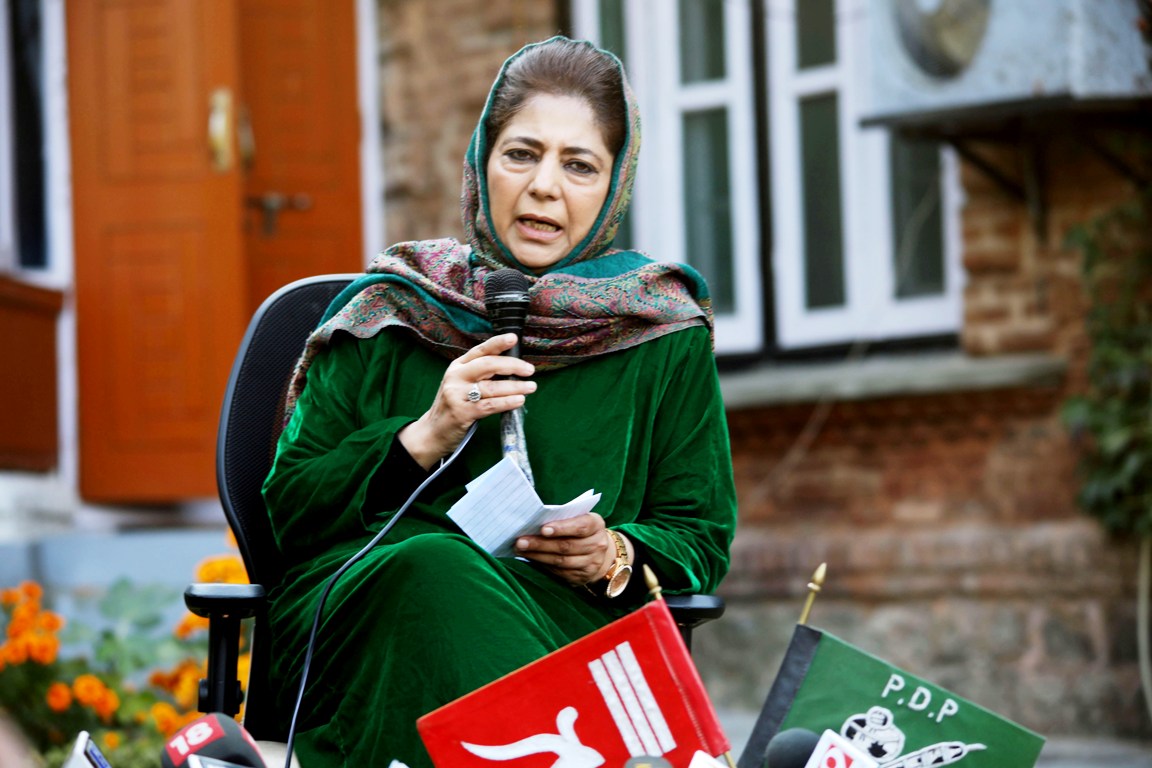KL NEWS NETWORK
SRINAGAR

A two-day phase third Training of Trainers (ToT) workshop on Emergency Room Trauma Course (ERTC) organized by Kashmir Skill and Simulation Centre, Dhobiwan under the aegis Directorate of Health Services, Kashmir (DHSK) in collaboration with International Committee for the Red Cross (ICRC) started on Tuesday as on 25/10/2016 at Division of Epidemiology & Public Health Building, Barzulla.
The ICRC trainers and facilitators included Ms Marie Josse, Health Coordinator, ICRC New Delhi, Dr Rohit Shrestha (ICRC ERTC Consultant, Nepal), Manash Mohan (Health Officer, ICRC J&K) and Arshid Amin (Communication Officer, J&K), a statement issued by DHSK said this evening.
The participants from DHSK included Dr Manzoor Rather, Dr Malik Munfat, Dr Firdous Posh, Dr Sheikh Imran and Dr Majid Jehangir.
M S Rather General Secretary Indian Red Cross was also present during the inaugural session.

“This was a follow up of the Basic Life Saving (BLS) training that was conducted in Oct 2011 by Dr Eric Bernes (ICRC BLS Coordinator) for First Aid and Phase I and Phase II of ERTC which was conducted respectively by ICRC under Dr Hassan Nasreddine (Chief Surgeon ICRC) and Dr Asa Molde (Consultant Surgeon ICRC) in April 2013 and by Dr Francios Irmay (Consultant ERTC, ICRC) in December 2014,” the statement said.
Director Health Services, Kashmir Dr Saleem ur Rehman while speaking on the occasion said that the department is stressing to follow the continuum of care, starting from pre-hospital to extensive care at the emergency room of different peripheral hospitals across Kashmir valley to deliver better care in stabilizing and managing emergency patients. On behalf of the department he acknowledged the efforts of ICRC and Indian Red Cross in facilitating to conduct such significant workshops.
It is pertinent to mention here that more than 300 doctors of DHSK have been already trained for ERTC till date and the department is continuing its efforts in training more and more doctors and casualty staff so that emergency patients are managed in much better way.



